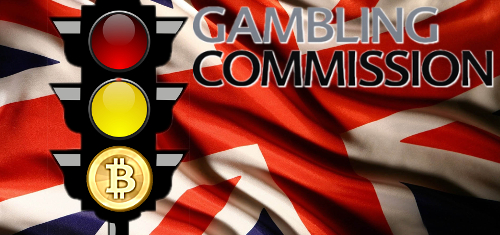 The UK Gambling Commission (UKGC) has added digital currencies like Bitcoin to its list of acceptable payment methods available to UKGC licensees.
The UK Gambling Commission (UKGC) has added digital currencies like Bitcoin to its list of acceptable payment methods available to UKGC licensees.
The UKGC recently released its updated License Conditions and Codes of Practice (LCCP) following a series of consultations with licensees and industry stakeholders. The new LCCP requirements are set to take effect on Oct. 31, 2016.
Section 5.1 of the LCCP addresses “cash and cash equivalents, payment methods and services.” Licensees are told that they must “implement appropriate policies and procedures concerning the usage of cash and cash equivalents (eg bankers drafts, cheques and debit cards and digital currencies) by customers.” (Emphasis added.)
The intention is to reduce the risk of money laundering activity and to “provide assurance that gambling activities are being conducted in a manner which promotes the licensing objectives.” Licensees were advised that they must “take into account any applicable learning or guidelines” that the UKGC may issue from time to time.
Last month, the UKGC’s annual report quoted CEO Sarah Harrison saying that digital currencies were among the regulator’s areas of “continuing future focus” but Harrison offered no specifics on what that might entail.
The acceptance of Bitcoin by a high-profile body like the UKGC could help spur increased public acceptance of alternative currencies. To date, only the jurisdiction of Curaçao has allowed online gambling licensees free rein to accept Bitcoin as payment.
However, in May the Isle of Man Gambling Supervision Commission proposed allowing its online licensees to accept deposits made in “convertible virtual currencies.” And the Malta Gaming Authority reportedly held a meeting on this very subject on Tuesday, so momentum appears to be growing.
Bitcoin gambling operators wishing to serve the UK market will still require a UK license – the UKGC wrote to Bitcoin gambling operators a year ago emphasizing this point – although it hinted at its upcoming policy adjustments by saying that the form of currency “is almost irrelevant” provided licensed operators could demonstrate that “crime is kept out of gambling and consumers are protected.”